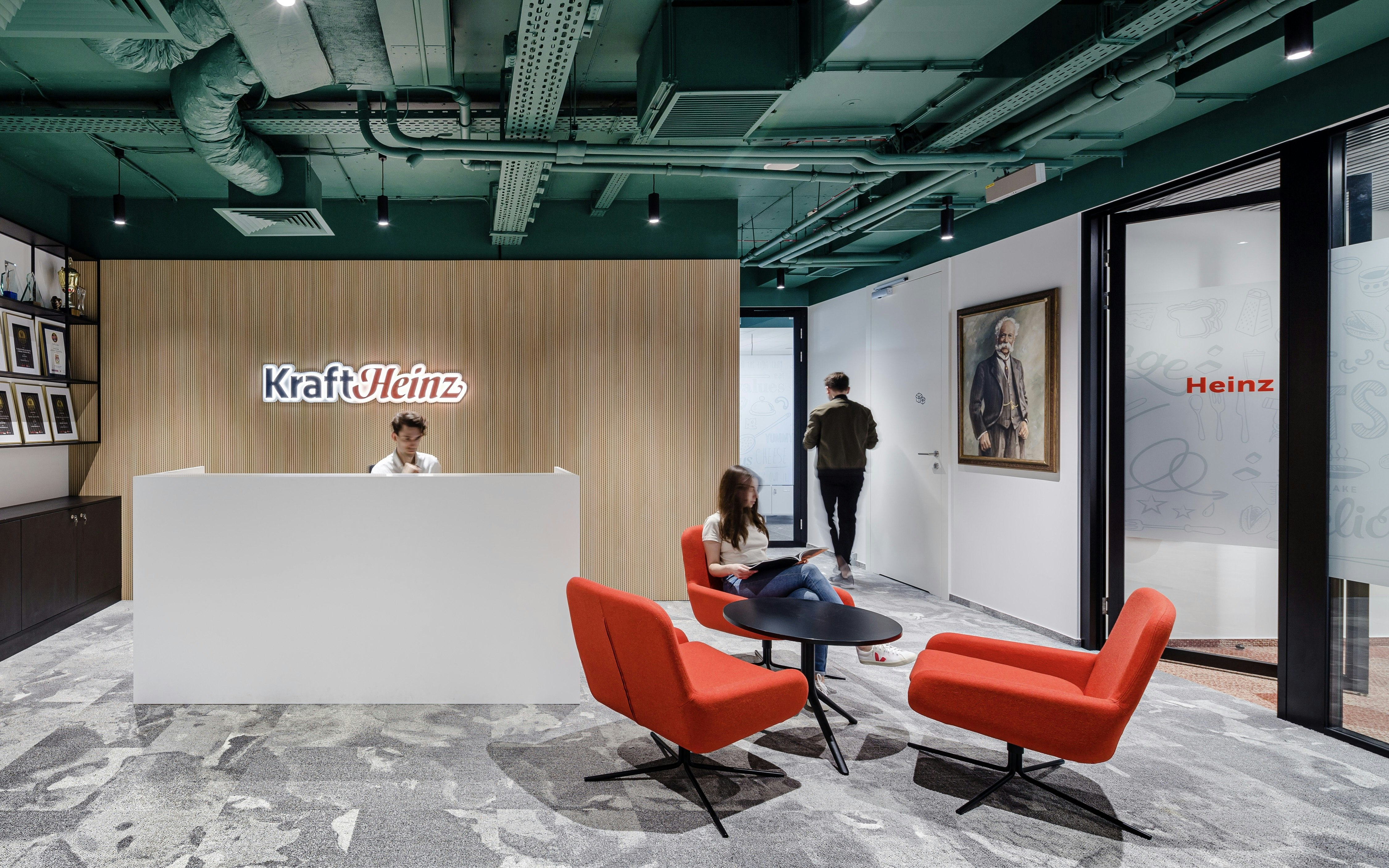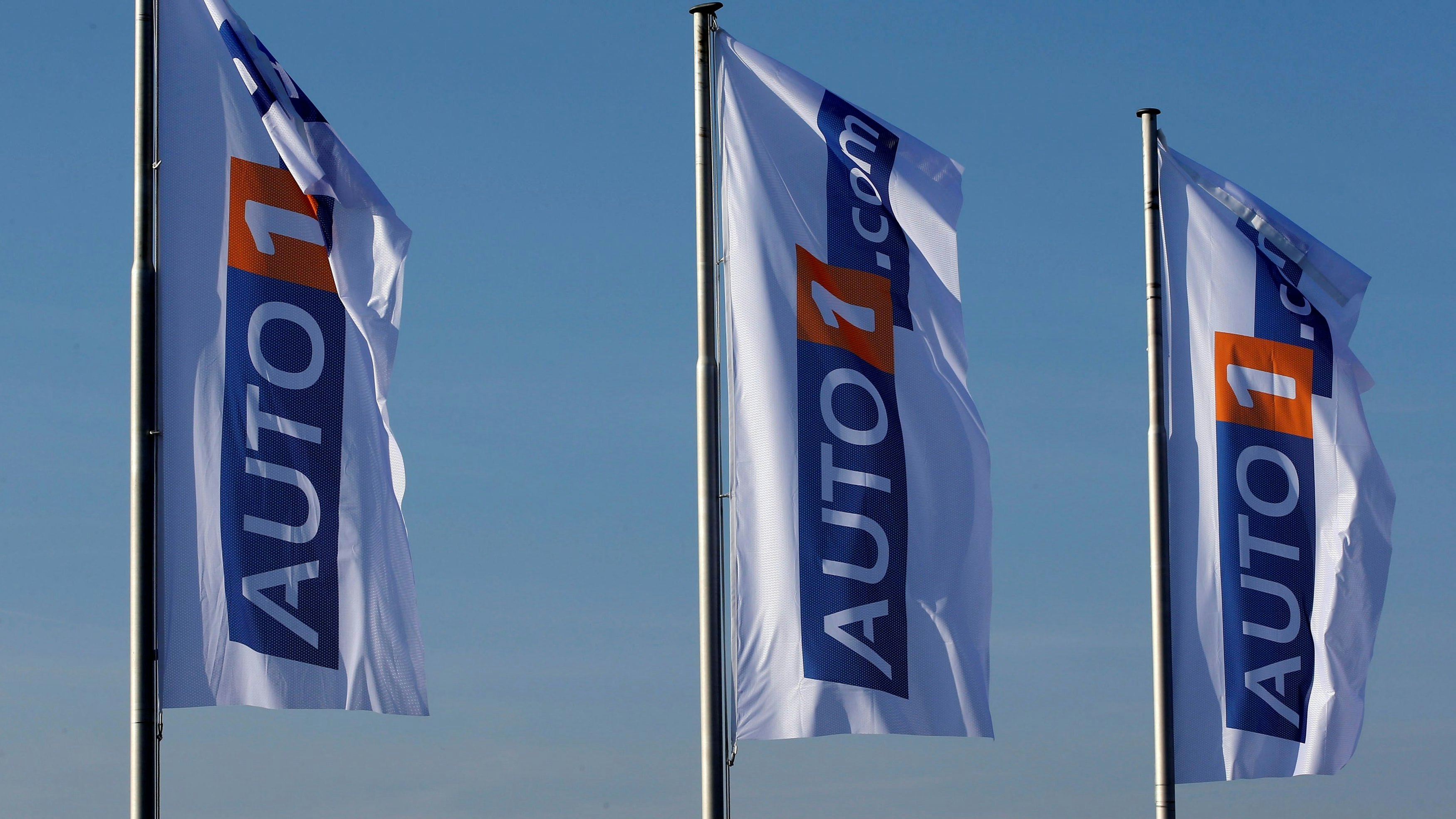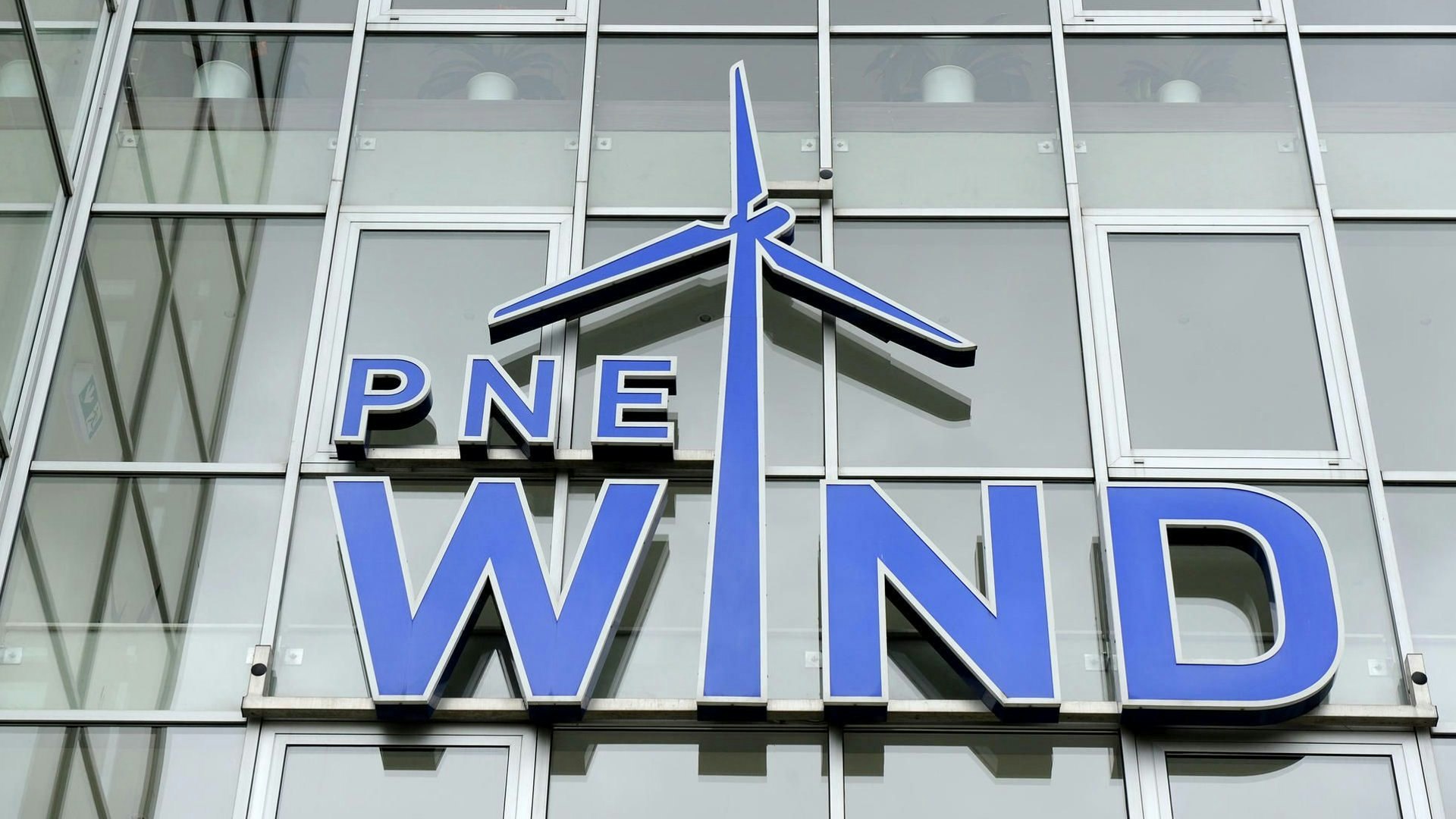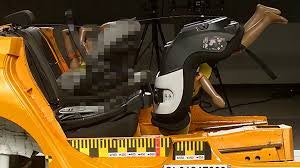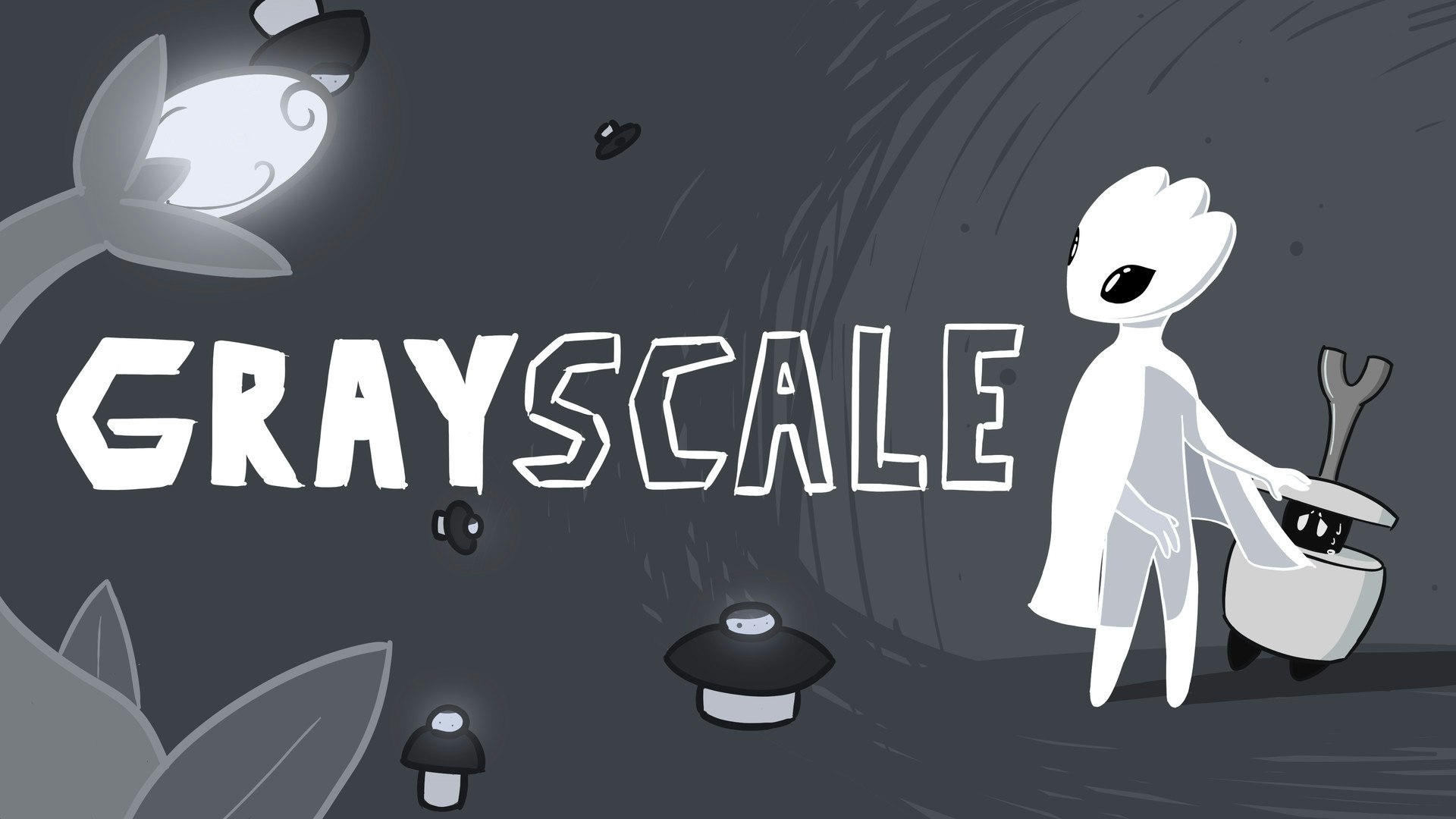Kraft Heinz is preparing a significant corporate split. According to people familiar with the matter, a substantial portion of the traditional food assortment – including many Kraft brands – is to be transferred into a new, independent company. The value of this spin-off could amount to up to 20 billion US dollars.
The company is thus responding to a structural problem: Since the merger of Kraft and Heinz in 2015, orchestrated by Warren Buffett and the Brazilian private equity firm 3G Capital, the promised growth spurt has failed to materialize. The stock is trading significantly below its historical highs, and the operating result is suffering from changing consumer preferences.
While processed cheese products and cold cuts are becoming increasingly difficult to sell, condiments and dressings are experiencing more dynamic growth. The remaining company intends to focus precisely on these segments — such as Heinz Ketchup or Grey Poupon Mustard — in the future. The hope: Two focused companies could be worth more in the capital market than the corporation, currently valued at around 31 billion dollars, in its present structure.
A final decision by the board of directors is still pending. According to insiders, Kraft Heinz is considering alternative transaction models in addition to the spin-off, and it is still unclear which brands would specifically end up in the new unit. The official language remains cautious: The company continues to evaluate "strategic options to enhance shareholder value," said a company spokesperson.
The break with the unified model marks a turning point – not only operationally but also symbolically. The deal, celebrated as revolutionary in 2015, was long considered a prime example of aggressive efficiency strategies under 3G Capital, including rigid cost discipline ("zero-based budgeting") and high debt. However, the market for packaged mass-produced goods changed faster than the company could adapt.
The planned split is therefore also an admission: What was once sold as a consolidation course with global aspirations is now proving to be a structural liability.


